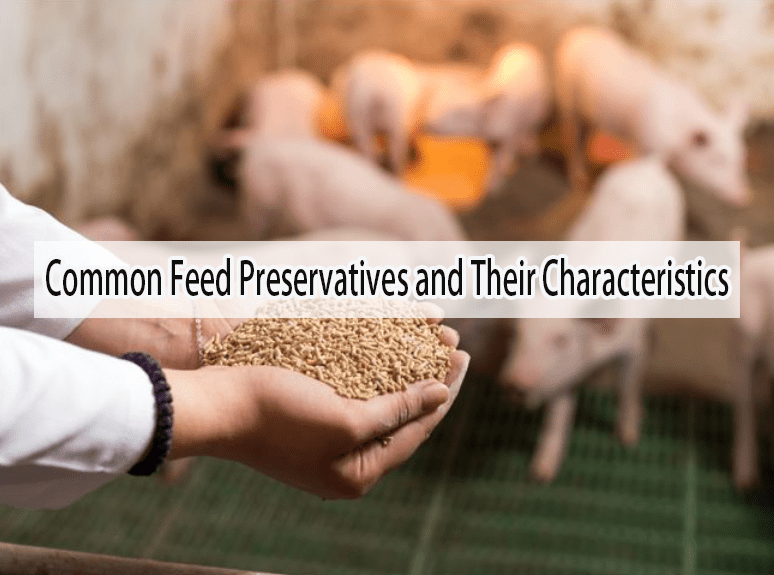
Feed preservatives are a type of additive used to ensure that feed maintains its nutritional value during storage and transportation, and to prevent mold growth and spoilage. They prevent nutrient loss and extend the shelf life of feed by inhibiting microbial activity. Here are several common feed preservatives and their characteristics:
Propionic acid and its salts:
Propionic acid is an organic acid with a wide antibacterial spectrum, which can effectively inhibit the growth of mold, fungi, and yeast.
Propionates, such as sodium propionate and calcium propionate, create an unfavorable environment for microbial survival by lowering the pH value of feed.
Propionic acid and its salts have high safety in animal metabolism and have no adverse effects on animal health.
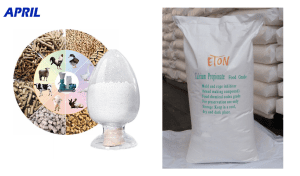
Benzoic acid and sodium benzoate:
By non selectively inhibiting the cellular respiratory enzyme activity of microorganisms, hindering their metabolism, and inhibiting their growth and reproduction.
Sodium benzoate is mainly used in feed, and its usage usually does not exceed 0.1%, which is harmless to animal growth.
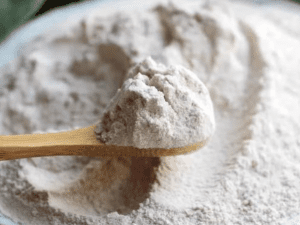
Sodium diacetate:
It has a significant inhibitory effect on various molds and is used for feed anti mold and anti-corrosion purposes. It can also chelate metal ions in food to prevent oxidation.
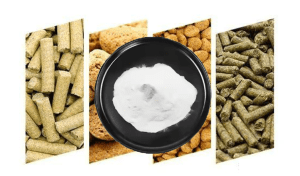
Sorbic acid and its salts:
Potassium sorbate and other salts are acidic preservatives that have strong inhibitory effects on microorganisms at lower pH values.
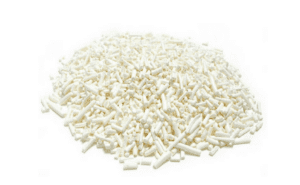
It should be noted that each preservative has its specific application scenarios and usage restrictions, and must comply with local regulations and safety guidelines when used to ensure that it is harmless to animal and human health.
